The integration of Artificial Intelligence (AI) into the healthcare sector is no longer a futuristic concept; it is a rapidly developing reality that is revolutionizing diagnostics, treatment, and patient care. From assisting radiologists in detecting subtle abnormalities to personalizing treatment plans and managing massive datasets, AI is proving to be a powerful tool for medical professionals. This technology promises to enhance efficiency, improve accuracy, and ultimately lead to better health outcomes for millions of people worldwide. This comprehensive guide will explore the groundbreaking applications of AI in healthcare, the underlying technologies that make it possible, and the ethical considerations and challenges that must be addressed as we move forward into this new era of digital medicine.
The Foundational Technologies of AI in Healthcare
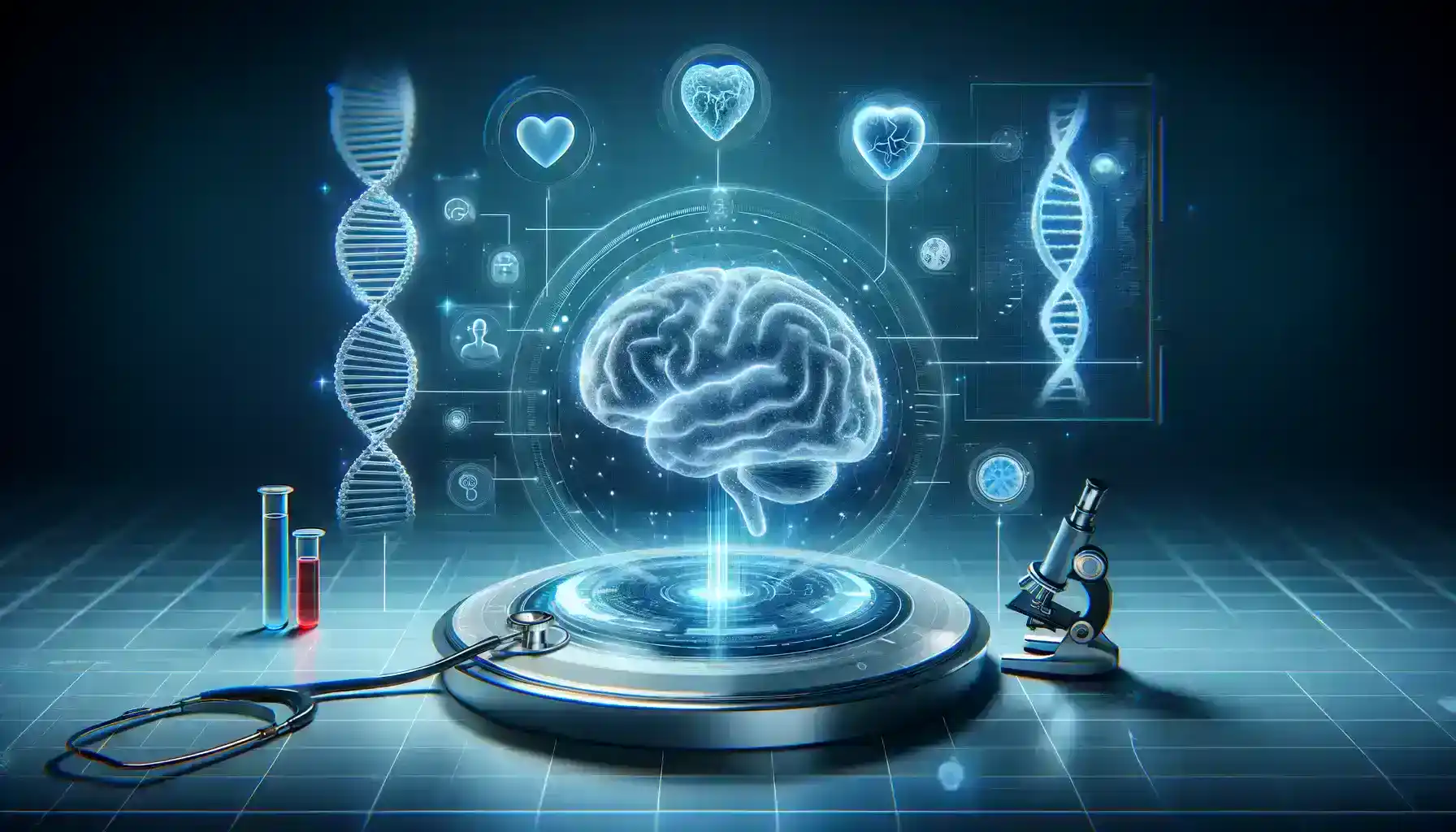
The power of AI in healthcare comes from its ability to analyze and learn from vast amounts of complex data at a speed and scale that is impossible for humans. This capability is built upon several core technologies.
A. Machine Learning (ML): This is the most prevalent form of AI used in healthcare. ML algorithms are trained on large datasets to recognize patterns and make predictions. For example, an ML model can be trained on thousands of medical images to identify cancer cells with high accuracy. The more data the model is trained on, the better it becomes at its task.
B. Deep Learning (DL): A subset of machine learning, deep learning uses multi-layered neural networks to analyze and learn from data. DL is particularly effective for complex tasks such as image and speech recognition. In healthcare, this is crucial for analyzing medical images like X-rays, CT scans, and MRIs, as well as for processing natural language in patient records.
C. Natural Language Processing (NLP): NLP is the technology that allows computers to understand, interpret, and generate human language. In healthcare, NLP is used to analyze unstructured data in patient records, such as doctor’s notes and clinical reports. This helps in extracting valuable insights, automating administrative tasks, and even providing real-time clinical decision support.
D. Computer Vision: This field of AI enables computers to “see” and interpret images and videos. It is a critical component of medical imaging. Computer vision algorithms can analyze medical scans to detect tumors, diagnose diseases, and even assist in surgical procedures by providing real-time feedback and guidance.
E. Robotics: While not strictly a form of AI, robotics are often integrated with AI to perform tasks in healthcare. This can range from robotic-assisted surgery, where a surgeon’s precision is enhanced by a robot, to automated medication dispensing systems and robotic assistants that help with patient care and logistics.
Groundbreaking Applications of AI in Healthcare
AI’s impact on healthcare is already being felt across a wide range of disciplines. Here are some of the most significant and promising applications.
A. Enhanced Diagnostics and Medical Imaging: AI is becoming an invaluable partner to radiologists and pathologists. Deep learning algorithms can analyze medical images with incredible speed and accuracy, often detecting subtle signs of disease that a human eye might miss.
* Radiology: AI can scan X-rays, mammograms, and CT scans to identify potential tumors or other abnormalities, flagging them for a radiologist’s review. This speeds up the diagnostic process and reduces the chances of a missed diagnosis.
* Pathology: AI-powered microscopes can analyze tissue samples to detect cancerous cells, classifying them and providing a detailed report to the pathologist.
B. Personalized Medicine and Drug Discovery: AI is a game-changer in the pursuit of personalized treatments. By analyzing a patient’s genetic data, medical history, and lifestyle, AI can help doctors create highly customized treatment plans.
* Drug Development: AI can sift through vast databases of molecular compounds to identify potential new drugs and predict their efficacy. This dramatically accelerates the drug discovery process, which traditionally takes many years and billions of dollars.
* Pharmacogenomics: AI can analyze a patient’s genetic makeup to predict how they will respond to certain medications, helping doctors prescribe the most effective drug at the correct dosage, minimizing side effects.
C. Improving Clinical Workflow and Administrative Efficiency: AI is not just about patient care; it’s also about making the healthcare system more efficient.
* Administrative Tasks: AI can automate routine administrative tasks like scheduling appointments, managing patient records, and billing. This frees up hospital staff to focus on patient-facing roles.
* Clinical Decision Support: AI systems can analyze a patient’s data in real-time to provide doctors with evidence-based recommendations, helping them make more informed and faster decisions, especially in critical situations.
D. Patient Care and Remote Monitoring: AI is extending healthcare beyond the hospital walls.
* Wearable Technology: AI can analyze data from wearable devices like smartwatches to monitor a patient’s heart rate, sleep patterns, and activity levels. This can help in managing chronic diseases and alerting doctors to potential health issues.
* Virtual Health Assistants: AI-powered chatbots and virtual assistants can help patients with simple queries, provide medication reminders, and offer mental health support, reducing the burden on human staff.
E. Surgical Precision and Robotics: In the operating room, AI and robotics are working together to enhance the surgeon’s capabilities.
* Robotic-Assisted Surgery: AI can guide a robotic arm to perform delicate surgical procedures with greater precision and stability than a human hand, reducing blood loss and recovery time.
* Predictive Analytics: AI can analyze pre-operative data to predict potential complications during surgery, allowing the surgical team to be better prepared.
The Challenges and Ethical Considerations
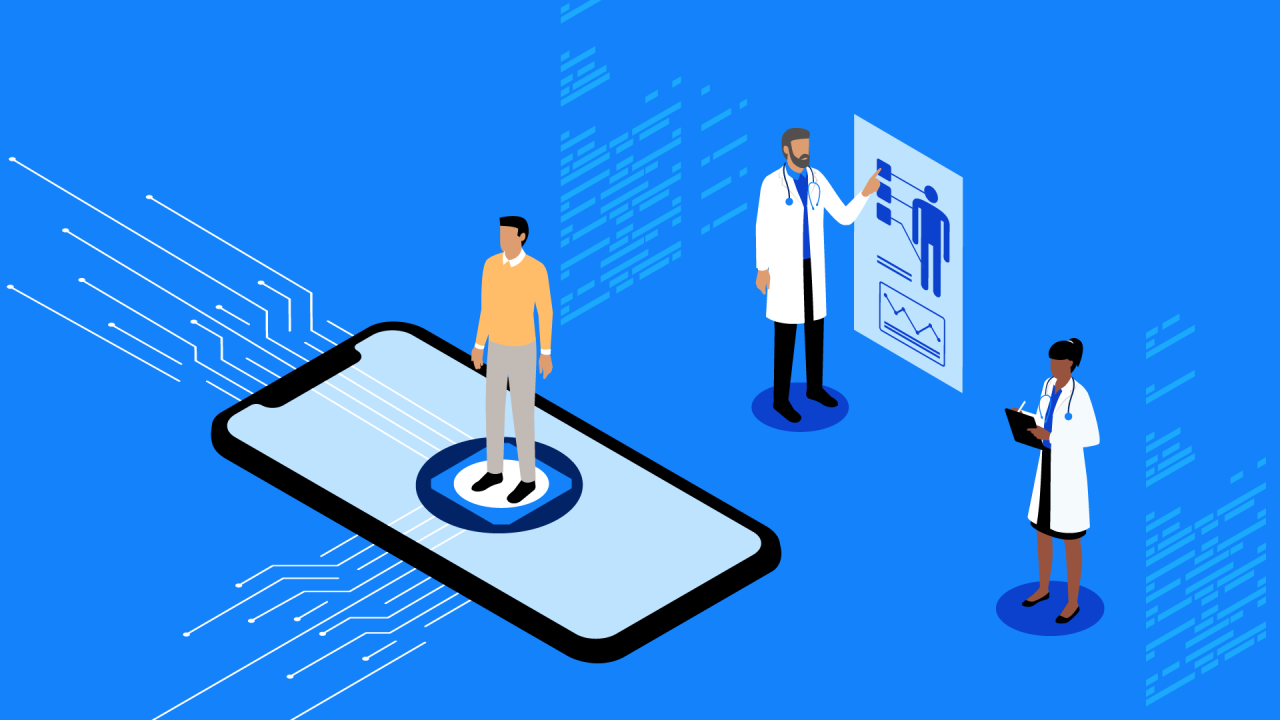
Despite the incredible potential of AI in healthcare, its adoption is not without significant challenges and ethical dilemmas that need to be carefully considered.
A. Data Privacy and Security: AI models rely on vast amounts of patient data, which is highly sensitive. Ensuring the security and privacy of this data is a paramount concern. Robust regulations and encryption protocols are essential to prevent data breaches and misuse.
B. Bias and Fairness: AI models are only as good as the data they are trained on. If the training data is biased, the AI can perpetuate and even amplify these biases, leading to inaccurate or unfair outcomes, particularly for underrepresented populations. It is crucial to use diverse and representative datasets to train AI models.
C. Regulatory Hurdles and Liability: The regulatory process for medical devices and technologies is already rigorous. AI introduces a new layer of complexity. Who is liable if an AI-powered diagnostic tool makes a mistake that leads to an incorrect diagnosis? Is it the developer of the algorithm, the hospital, or the doctor who used the tool? Clear legal frameworks are needed.
D. The “Black Box” Problem: Many AI models, particularly deep learning networks, are considered “black boxes” because it is difficult to understand how they arrive at their conclusions. In medicine, where lives are at stake, this lack of transparency can be a major issue. Doctors need to be able to trust and understand the reasoning behind an AI’s recommendation.
E. Job Disruption and Skill Gaps: The integration of AI will change the roles of many healthcare professionals. While AI is unlikely to replace doctors, it will likely automate some of their tasks. This requires a shift in education and training to equip future medical professionals with the skills to effectively work alongside AI.
The Future of AI in Healthcare
The future of AI in healthcare is not one where robots and algorithms replace human doctors. Instead, it’s a future built on a collaborative partnership between human expertise and artificial intelligence. AI will serve as a powerful assistant, augmenting the capabilities of medical professionals and allowing them to focus on the human aspects of medicine—empathy, communication, and complex decision-making.
First, we will see the emergence of “augmented clinicians”—doctors who use AI as a tool to improve their diagnostic accuracy and treatment planning. AI will handle the data analysis, freeing the doctor to focus on the patient. Second, AI will play a central role in preventive medicine, using predictive analytics to identify individuals at high risk for certain diseases and recommending early interventions. This will shift the healthcare paradigm from treating sickness to maintaining wellness.
Third, personalized and precise healthcare will become the norm. AI will analyze a patient’s genetic makeup, lifestyle, and environmental factors to create a truly bespoke healthcare plan. This will extend to every aspect of care, from nutrition and exercise to medication and rehabilitation. Finally, AI will help us to create a more accessible healthcare system. AI-powered tools and virtual health assistants will make expert medical advice more readily available to people in remote areas or those who have difficulty accessing traditional healthcare.
The journey is long and filled with challenges, but the destination is a healthcare system that is more intelligent, more efficient, and more equitable than ever before. AI is not just a technological breakthrough; it’s a medical revolution, and its full potential is only just beginning to be realized.
Conclusion
The integration of artificial intelligence into healthcare is a monumental leap forward, promising a future where medicine is more accurate, more personalized, and more accessible. By leveraging the power of machine learning, deep learning, and other advanced technologies, AI is already transforming diagnostics, accelerating drug discovery, and streamlining administrative processes. It is a tool that enhances the capabilities of doctors, allowing them to make more informed decisions and focus on the human connection that is so vital to patient care.
However, as we embrace this new era, it is imperative that we proceed with caution and thoughtfulness. The ethical challenges of data privacy, algorithmic bias, and regulatory oversight are not insignificant. They require a collaborative effort from technologists, medical professionals, policymakers, and the public to ensure that AI is developed and deployed in a way that is fair, safe, and beneficial to all. The future of AI in healthcare is not about replacing human expertise but about augmenting it. It is about creating a symbiotic relationship between human and machine, where the precision of AI is complemented by the empathy and wisdom of a human clinician. This partnership will lead to a healthcare system that is more intelligent, more efficient, and ultimately, more compassionate. The revolution has begun, and it promises a healthier and more personalized future for us all.

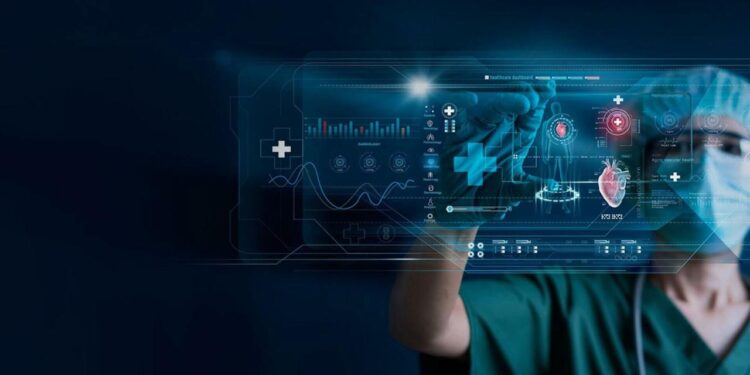

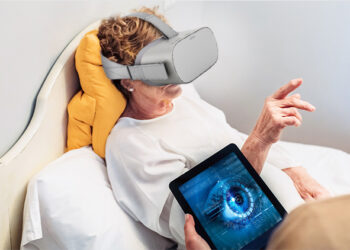

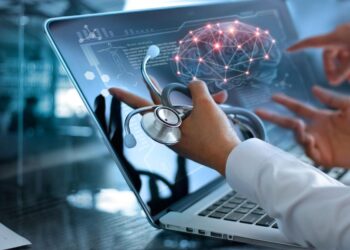




Discussion about this post